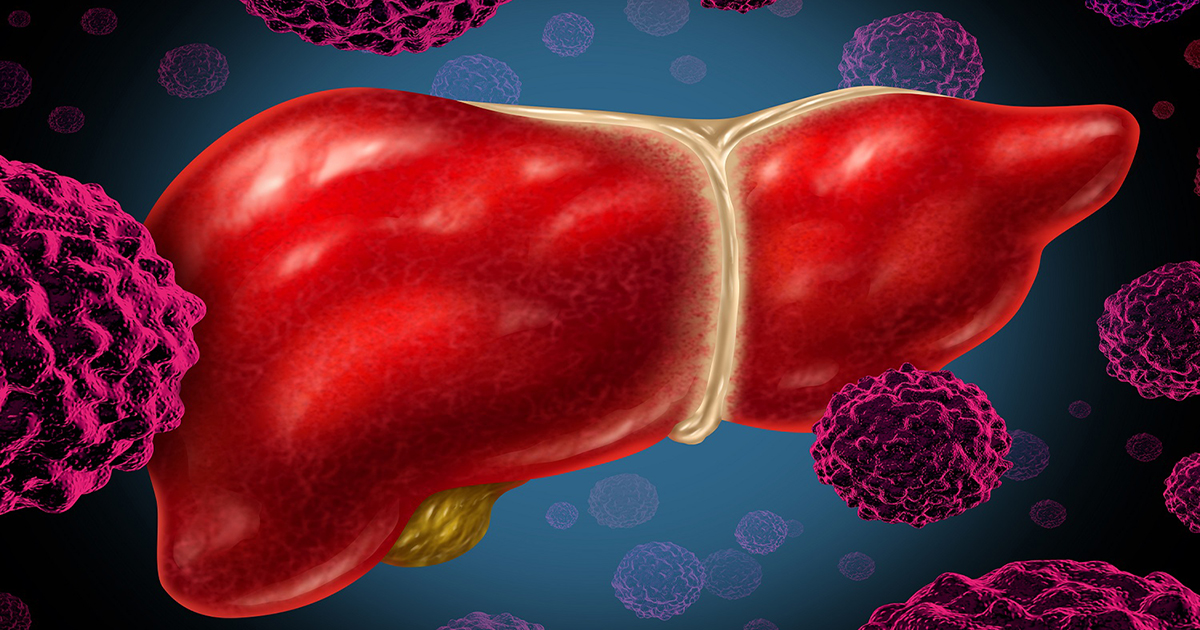What Is Autoimmune Hepatitis & Why Is It So Serious?
What Causes It?

As previously mentioned, autoimmune hepatitis occurs when the body's immune system targets the liver and fights healthy cells, rather than viruses, bacteria, or other pathogens like it is supposed to. This attack on the liver can lead to chronic inflammation and incredibly serious damage to the liver cells, which can lead to a whole host of problems for the patient. Unfortunately, why the body's immune system attacks healthy liver cells and ultimately turns against the liver is unclear. However, researchers believe autoimmune hepatitis can be caused by the interaction of genes that control the immune system's function and the body's exposure to specific medications or viruses, therefore resulting in a triggered response of the body attacking the liver.
Risk Factors

Numerous factors can increase an individual's risk of developing autoimmune hepatitis, such as being female, as although both genders can develop this condition, it is more common in women, and genetics research has indicated a predisposition for this disease may run in families. If a patient has a history of certain infections, such as the measles, herpes simplex, or Epstein-Barr virus, they may develop autoimmune hepatitis after contracting one of these viruses. Autoimmune hepatitis has also been linked to hepatitis A, B, and C. Finally, if an individual has another autoimmune disease, such as rheumatoid arthritis, celiac disease, Graves' disease, or Hashimoto's thyroiditis, they may be more likely to develop autoimmune hepatitis. To learn more about other autoimmune diseases that could lead to autoimmune hepatitis, check out Uncommon Autoimmune Diseases Everyone Should Be Aware Of.
